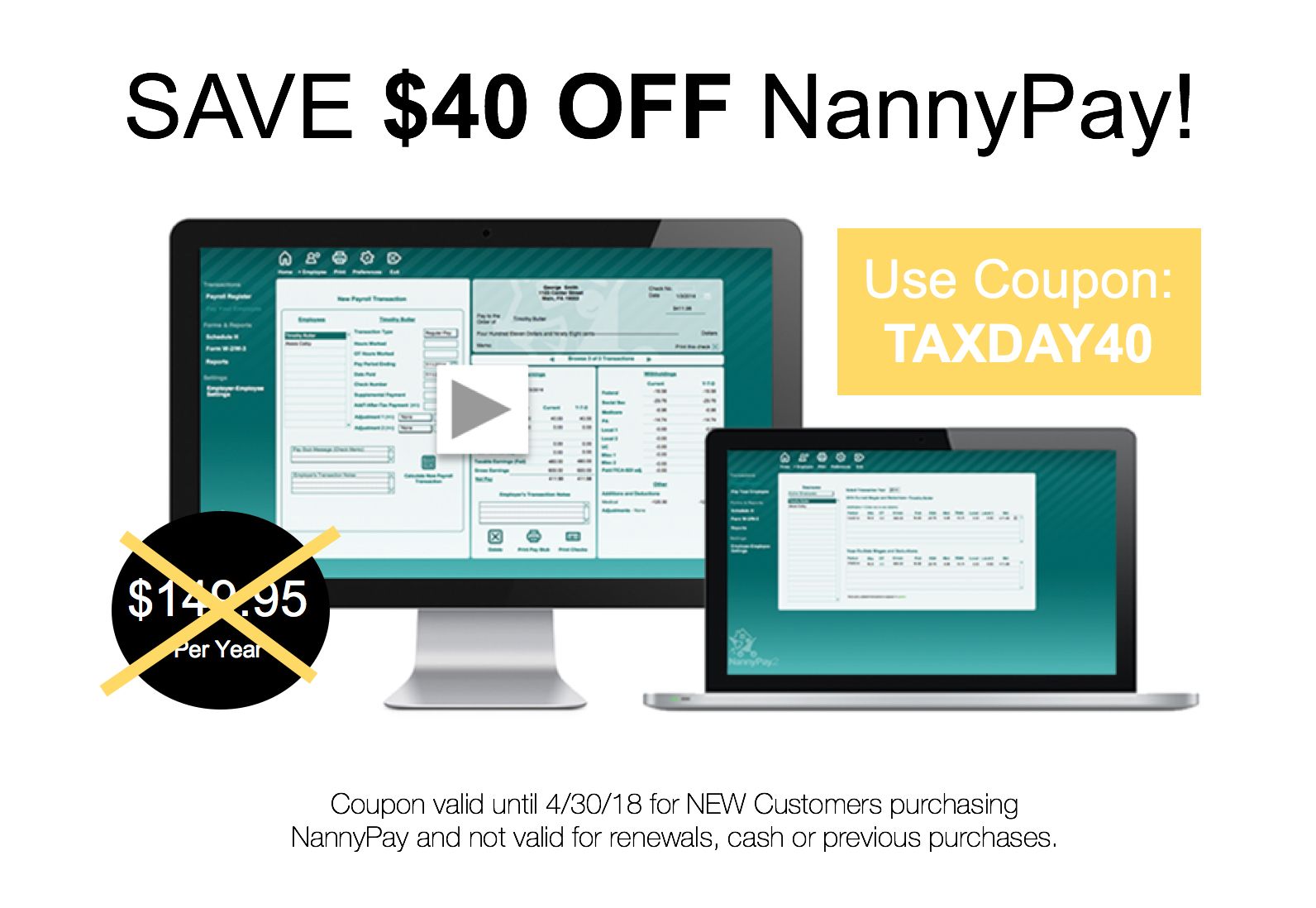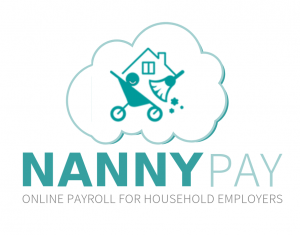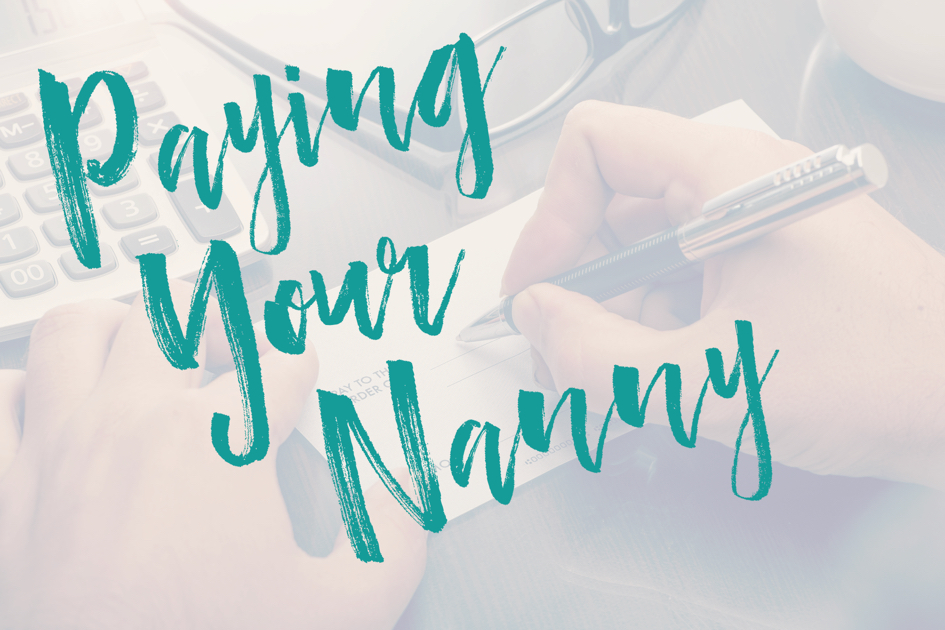


If you’re worried about staying in compliance with tax laws but don’t want to hire an accountant, you can usually get trustworthy tax advice from your payroll service. Support: Most services offer quality customer service for both technical questions and tax advice.
#Nannypay com free#
Convenience: Many payroll services offer automatic payroll, free direct deposit, payment reminders, correspondence with state and federal agencies, automatic tax filing, and other features that make your tax-paying life simpler.Record-keeping: You don’t need to keep a well-organized paper trail all of your tax documents, employer account information, and tax and payroll records will be stored digitally in one easy-to-access place.The other benefits of using a service fall into three main categories: You can certainly pay your nanny and calculate end-of-year taxes for both of you on your own, but unless you’re an accountant, doing this correctly is likely to be pretty challenging. Using a nanny payroll service can greatly reduce the amount of time it takes you to pay your nanny, withhold your nanny’s taxes, file your own taxes, and stay up-to-date on state and federal changes to tax laws to ensure you’re always in compliance. It might be tempting to keep your payments off the books so you and your nanny both have more money in your pockets, but it’s not a good idea. If you’re caught, you and your nanny could both end up in serious trouble, including being fined, charged with tax fraud, or audited. Some people try to bypass the “nanny tax” by paying their nanny under the table, but this is illegal and risky.

If your nanny is a family member, you likely won’t have to pay the nanny tax either, but that compensation will still need to be reported as income on your family member’s tax return. If you don’t pay your nanny that much, you’re not subject to a federal employment tax (though you may be subject to a state tax). Nannies are considered household employees, not independent contractors, because they don’t control their own work this tax applies whenever the payment threshold has been met. Yes-if you pay your nanny $2,600 or more in wages every year or $1,000 or more in a calendar quarter, according to Publication 926 of the IRS.


 0 kommentar(er)
0 kommentar(er)
